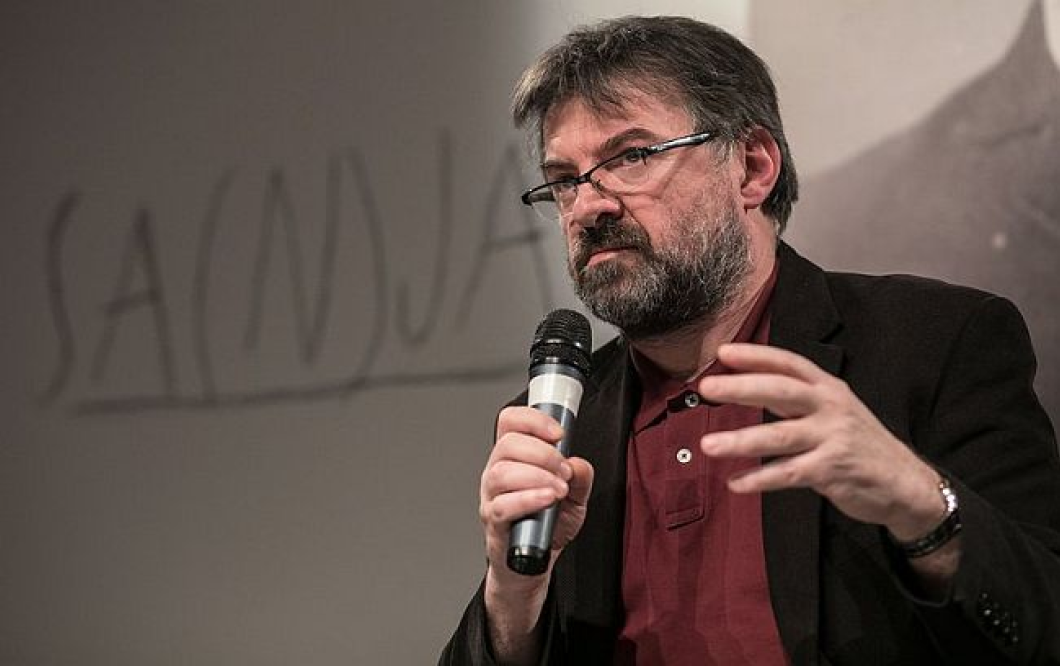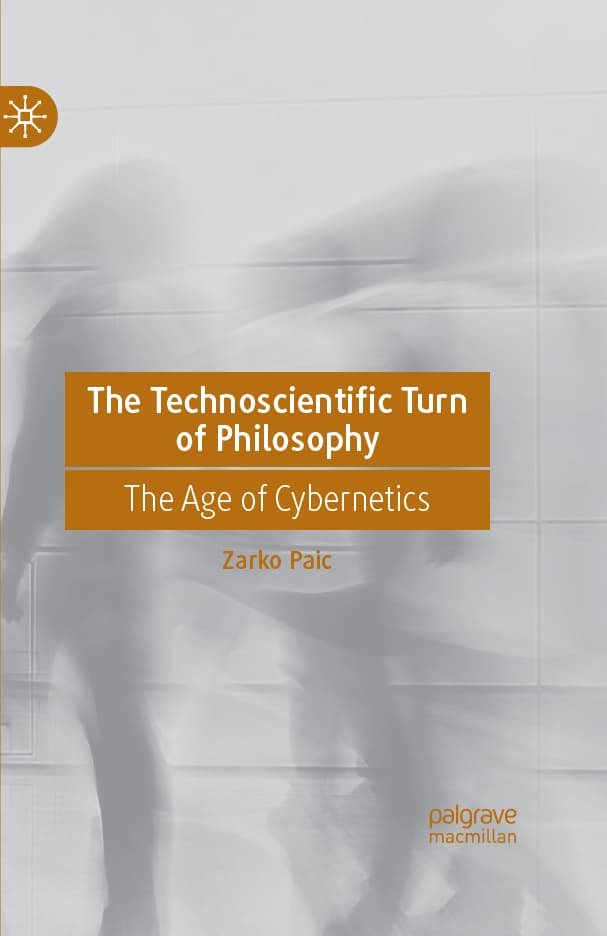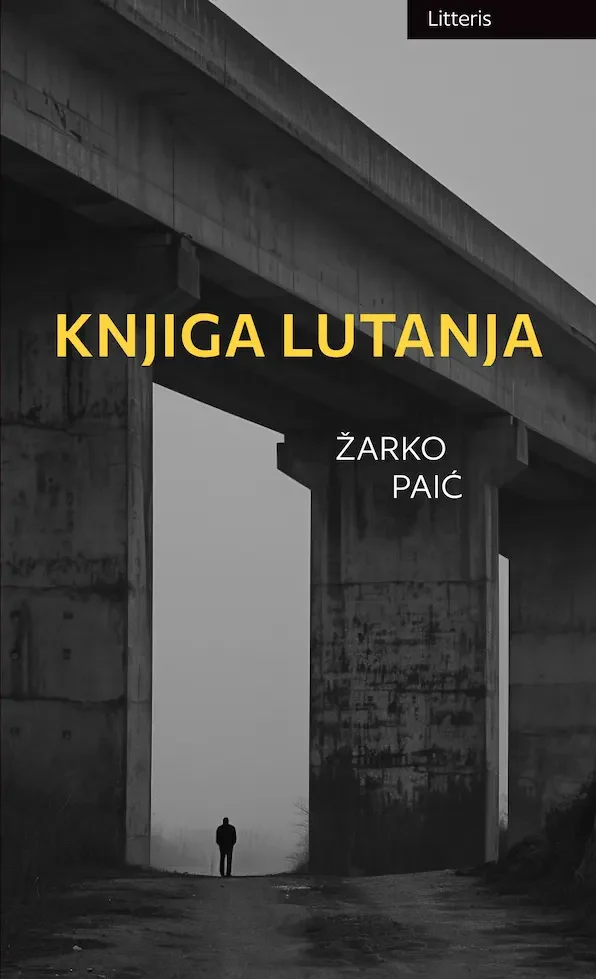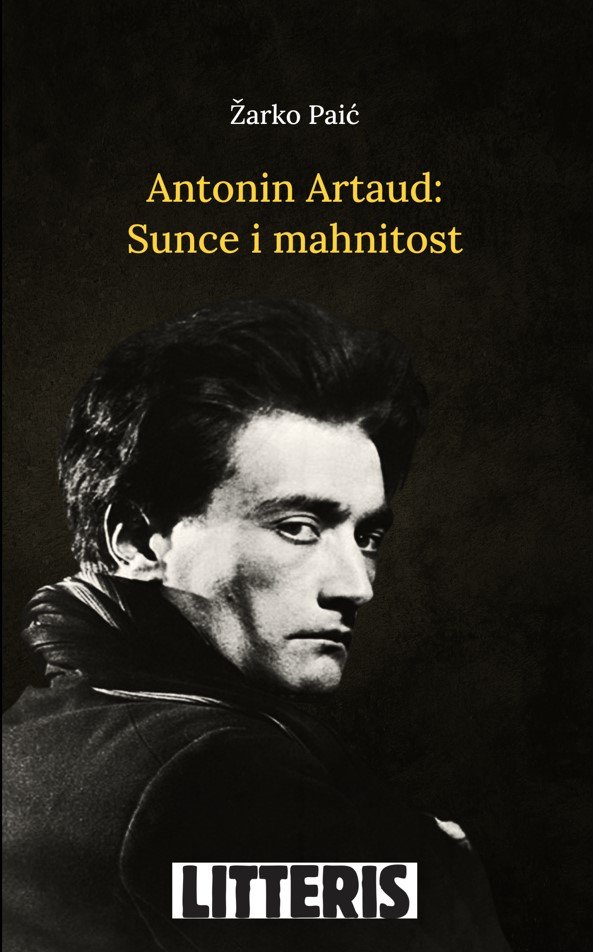
ʺIn visual arts and contemporary cyberculture, the human body, both in its natural and artificial forms, is at stake. Paić analyses this topic by considering the body through its immanent boundaries and interactions with other bodies and contexts.The human body, in fact, can be understood neither as bare thing nor as biopolitical machine – the body is an event. Paić develops this statement and discuss clearly and thoroughly not only the 'return of the body' in our culture, but also the performative-conceptual turn in contemporary arts.ʺ
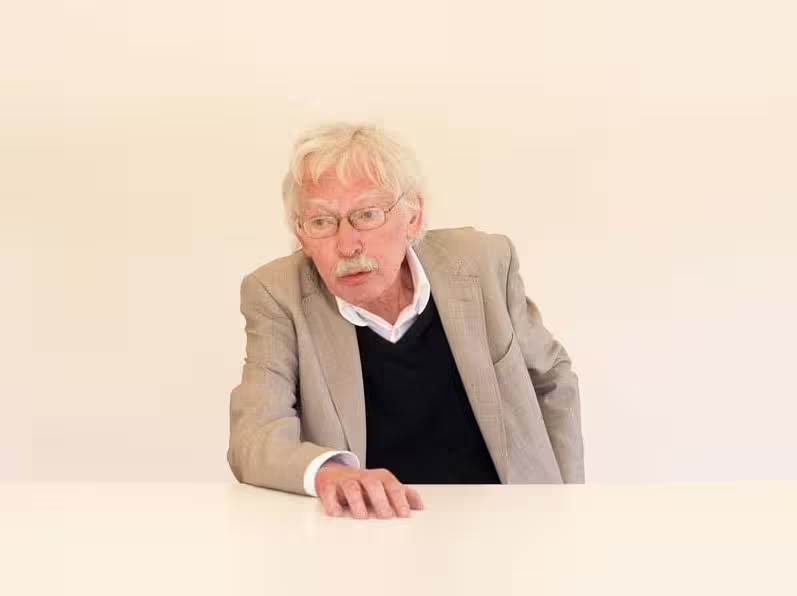
Estetika transparencije i moć mreža
Uvod Dizajn u digitalno doba postaje komunikacijskim dizajnom interaktivne nematerijalne kulture. To znači da se pojam okoline proširuje od okolnoga svijeta do cjelokupne biosfere i mediosfere. Komunikacija ne može više biti jednoznačno svedena na pojmove društvenoga djelovanja u okviru svijeta sustava i svijeta života. Polazeći od ideje generiranja samoga života u biokibernetičkim sustavima, njezin estetski […]
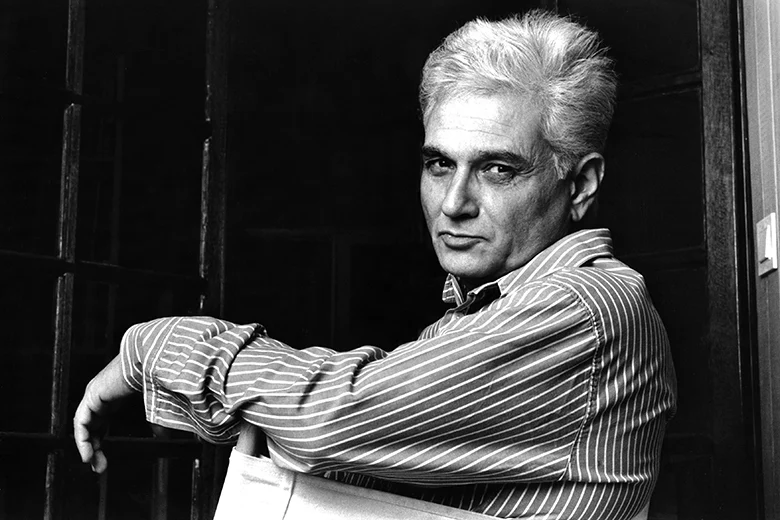
Razgradnja kao stil
1. Arhitektura ili o labirintu Koliko su riječi Jacquesa Derride o tome da je arhitektura „posljednja utvrda metafizike“ vjerodostojni put jednog mišljenja za nadolazeće vrijeme toliko su i najupečatljiviji dokaz obrane i posljednjih dana sâme metafizike. (Jacques Derrida, Point de folies – Maintenant l’architecture, u: Bernard Tschumi, La case vide: La Vilette, Architectural Association, London, […]
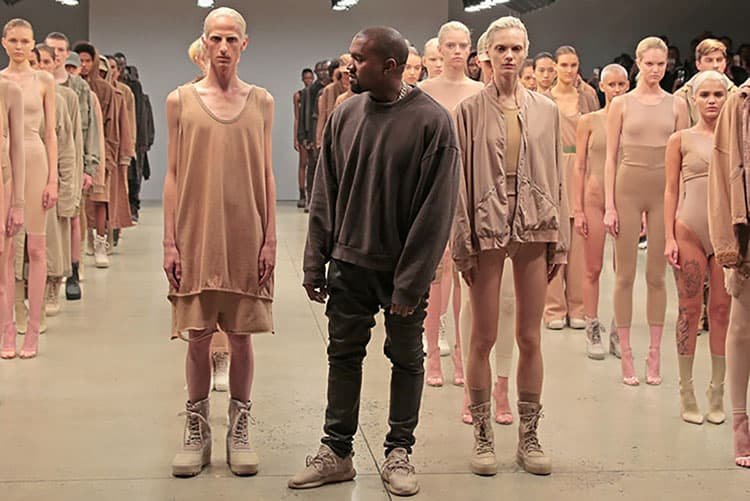
Figure mode iz velegradskoga podzemlja
Što je, po vašem mišljenju, dovelo do toga da su aktualni trendovi inspirirani beskućnicima? Moda nije tek ogledalo društvenih promjena u globalnome poretku ekonomije, politike i kulture. Kada bi bila samo to, ne bi imala nikakvu autonomiju. U suvremenoj formi kulturne konstrukcije identiteta pojedinca uvijek se radi o preklapajućim tendencijama: od kritike sve većeg jaza […]
